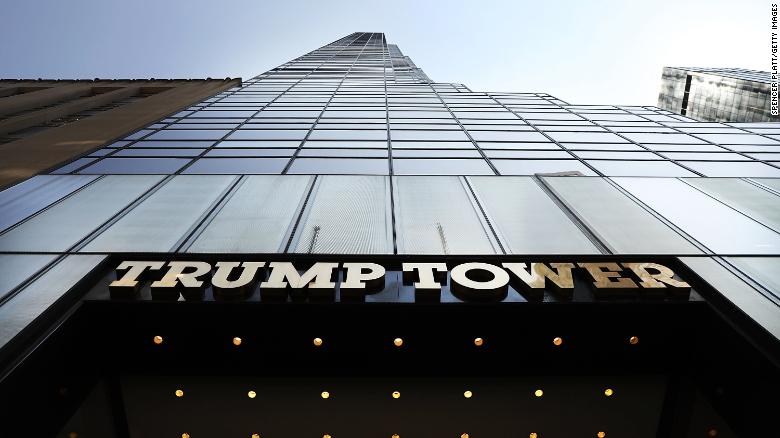For two days in early May, the Ivorian police crisscrossed the roads of the large cocoa growing area in the southwest of the country, looking for children harvesting in the plantations or drying beans in the villages. At the end of this operation, 68 minors were taken in and then brought to a reception center managed by the CNS, the National Child Labor Monitoring Committee, a body chaired by Dominique Ouattara, the Ivorian first lady. There, educators listened to them and organized a dialogue with their parents.
In two years, 2,000 children have been removed from the plantations. Among them 200 remained in the center. They go back to school and learn a trade: sewing, hairdressing, breeding etc.
In the plantations, they would still be 800,000 to work against 1.2 million a few years ago. But this figure could be revised upwards, a consequence of the closure of schools for a year due to Covid-19. Some students have not returned there.
Most of the time the parents of these children are planters and do not have the means to educate them. Of the five to six million Ivorians who live on cocoa, more than half live below the poverty line.
This government communication operation is especially important for the image of the country, the world’s largest producer of cocoa, abroad. Western consumers are more and more demanding: there is no longer any question of eating chocolate made from child labor.
But, according to the Ivorian NGO Riddef, which fights against child labor, we must go through repression and increase the frequency of operations to eradicate the phenomenon. It also advocates increased monitoring in the field by partnering with local NGOs. This cooperation already exists but is all the more necessary as the plantations are located in very remote and inaccessible areas.
Finally, the NGO recalls that child labor also affects trade, transport and domestic work, and that this fight must therefore be extended to other sectors. Between 2012 and 2020, nearly 300 people were convicted of child trafficking in Côte d’Ivoire.
–


